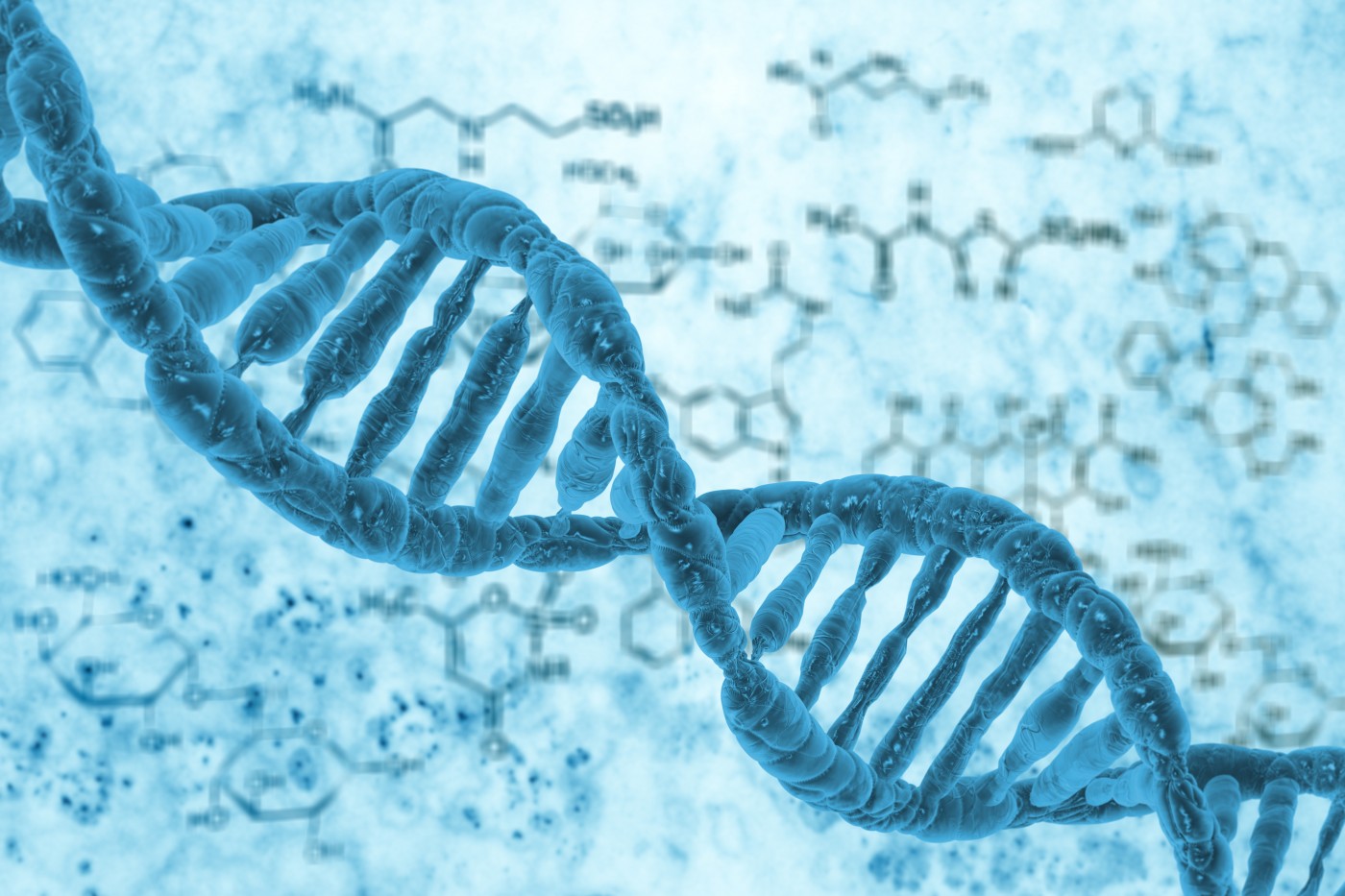Study Suggests Male and Female Fertility and Longevity are Affected by Mitochondrial Genome Mutations

New evidence suggests that mutations in mitochondrial DNA (mtDNA) may significantly affect fertility and life expectancy, with important differences in male and female organisms. The study, led by PhD student Florencia Camus (School of Biological Sciences at Monash University) and entitled “Single Nucleotides in the mtDNA Sequence Modify Mitochondrial Molecular Function and Are Associated with Sex-Specific Effects on Fertility and Aging”, was recently published in the journal Current Biology.
Mitochondria are responsible for energy conversion in eukaryotic cells, but it remains poorly understood how the small genome may affect important phenotype factors. The research study, with participation of Dr. Damian Dowling (School of Biological Sciences at Monash University), Dr. Ted Morrow (University of Sussex, Unite Kingdom) and Dr. Jochen Wolf (Uppsala University, Sweden), focused on the effects of specific single nucleotide mutations in mtDNA and revealed that not only do they affect mitochondrial function such as energy conversion in the cell, but also important aspects of an organism’s life, like fertility and life expectancy.
Researchers used Drosophila melanogaster (the fruit fly), an extensively used model organism in a long range of biological disciplines, such as genetics, that can be correlated to the human genome. The team identified a nucleotide mutation in a energy producing gene in the mitochondrial genome, that was also found to play an important role in fertility and longevity. Importantly, these effects widely varied according to the flies’ gender. While the mutation made males infertile, it had no effect on females’ fertility. On the other hand, the same mutation caused males to live longer in comparison to males without this particular mutation. Females carrying the mutation remained fertile, but had a shorter life-span than the ones not carrying the mutation. Furthermore, another genetic mutation identified by the scientists in another mitochondrial gene also affected longevity, but only in male flies.
Dr. Dowling, the study’s senior author, emphasized the potential and novelty of this study as it identified mutations in mtDNA that not only had an impact in mitochondrial activity, but also in other parameters. “The remarkable thing about these findings is that these mutations affect male fruit flies very differently from females. Certain mutations appear to be beneficial to one sex, but harmful to the other. This provides novel insights and ways of thinking into how the genes of the mitochondria might also shape aspects of human health.”concluded Dr. Dowling in a news release.






